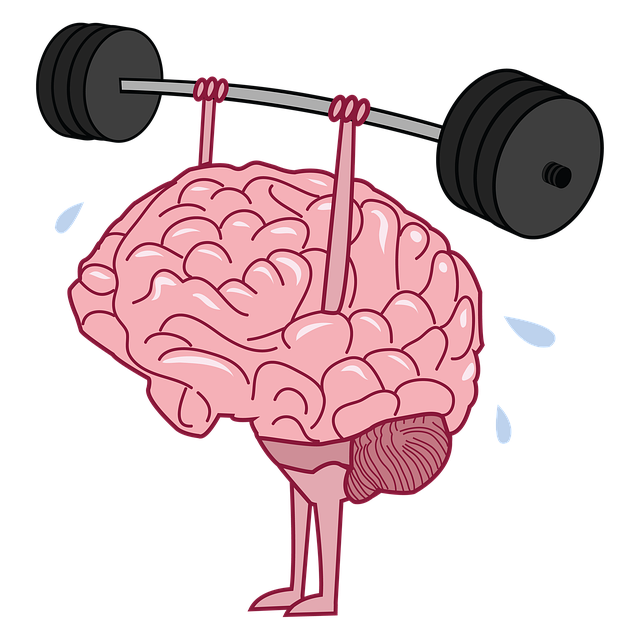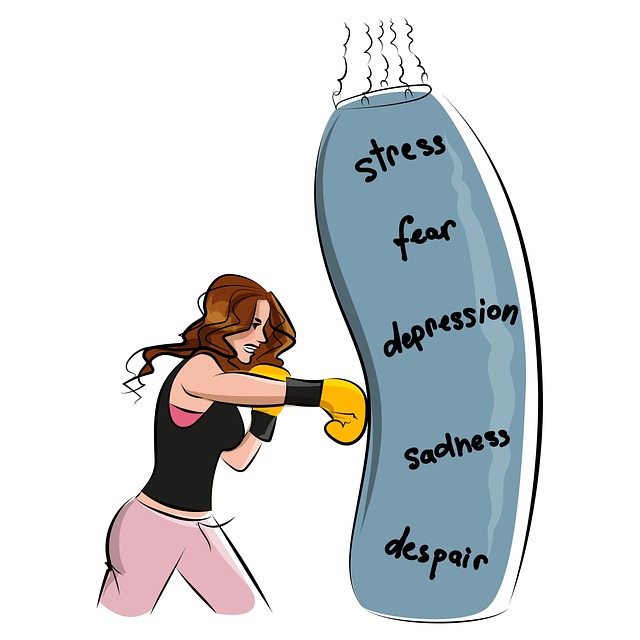Englewood Chronic Pain Therapy adopts a nuanced, holistic approach to patient safety and harm minimization. By integrating psychological evaluations, coping skills training (like Mindfulness Meditation and Social Skills Training), and personalized strategies, they empower patients to manage chronic pain effectively. This comprehensive method considers physical and mental health interdependencies, aims to reduce stigma, and fosters resilience, ensuring patients receive proactive, adaptive care in a safe environment. Regular reviews of risk assessment plans ensure Englewood Chronic Pain Therapy remains at the forefront of responsible, effective chronic pain management.
“Risk assessment and harm minimization are paramount in chronic pain therapy, especially at centers like Englewood Chronic Pain Therapy. This article delves into the intricacies of these processes, guiding readers through essential steps from understanding risk assessment to implementing safe treatment strategies. We explore identifying potential harms, developing comprehensive minimization plans, regular review, and adaptation for continuous patient safety. By adhering to these practices, Englewood Chronic Pain Therapy ensures optimal care.”
- Understanding Risk Assessment in Chronic Pain Therapy
- Identifying Potential Harms and Risks at Englewood Chronic Pain Therapy
- Developing a Comprehensive Minimization Plan
- Implementing Strategies for Safe and Effective Treatment
- Regular Review and Adaptation: Ensuring Continuous Patient Safety
Understanding Risk Assessment in Chronic Pain Therapy

Englewood Chronic Pain Therapy involves a nuanced approach to risk assessment, which is a critical component of effective treatment planning. It goes beyond simply identifying potential dangers; it’s about comprehending the intricate interplay between chronic pain, mental health, and overall patient well-being. Risk assessment in this context means meticulously evaluating each individual’s unique circumstances, including their psychological resilience, coping mechanisms, social support systems, and previous experiences with pain management.
This process enables mental health professionals to develop comprehensive harm minimization strategies tailored to the specific needs of Englewood Chronic Pain Therapy clients. By integrating practices such as Social Skills Training and Mindfulness Meditation into risk management planning, healthcare providers can empower patients to build adaptive coping skills, enhance their ability to manage pain, and improve overall quality of life. Such an approach not only mitigates risks but also fosters resilience in the face of chronic pain challenges.
Identifying Potential Harms and Risks at Englewood Chronic Pain Therapy

At Englewood Chronic Pain Therapy, identifying potential harms and risks is a foundational step in our risk assessment process. We recognize that chronic pain management involves complex interactions between physical, emotional, and psychological factors, necessitating a comprehensive approach to risk management planning for mental health professionals. Our team meticulously evaluates each patient’s unique circumstances, including their medical history, current medications, and mental health status, to anticipate potential risks associated with pain therapy.
This process includes screening for signs of depression, anxiety, or other mood management challenges that could complicate the therapeutic journey. By proactively identifying these risks, we can implement tailored interventions early on, ensuring patient safety and fostering a positive thinking environment. The goal is to create a safe, supportive space where patients can effectively manage their chronic pain while mitigating potential harms through our Risk Management Planning for Mental Health Professionals.
Developing a Comprehensive Minimization Plan

Developing a comprehensive harm minimization plan is an integral part of responsible risk assessment, especially in specialized areas like Englewood Chronic Pain Therapy. This process involves a multifaceted approach to ensure patient safety and well-being. The plan should encompass not only physical risks associated with treatments but also psychological and social factors that can impact a patient’s overall health.
For instance, at Englewood Chronic Pain Therapy, such a plan might include strategies for managing pain through a combination of medical interventions, emotional healing processes, and resilience building. By addressing the root causes of chronic pain and implementing mental illness stigma reduction efforts, therapists can create an environment that fosters recovery. This holistic approach not only minimizes potential harm but also empowers patients to take control of their health journey.
Implementing Strategies for Safe and Effective Treatment

Implementing effective strategies for safe and efficient treatment is paramount in Englewood Chronic Pain Therapy. This involves a multi-faceted approach that goes beyond medication management alone. By integrating practices such as Mindfulness Meditation, Empathy Building Strategies, and Coping Skills Development, therapists can empower individuals to actively participate in their healing journey. These techniques foster self-awareness, emotional regulation, and resilience, which are crucial elements in managing chronic pain.
Through structured programs, patients learn to navigate the challenges of daily life with chronic pain. Mindfulness Meditation helps individuals stay present, reducing the impact of pain on mental well-being. Empathy Building Strategies encourage understanding and support between patients and therapists, creating a safe space for open communication. Coping Skills Development equips individuals with tools to manage stress, anxiety, and depression, which are common comorbidities associated with chronic pain conditions.
Regular Review and Adaptation: Ensuring Continuous Patient Safety

At Englewood Chronic Pain Therapy, we recognize that patient safety is an ongoing process that demands constant vigilance and adaptation. Regular review and revision of risk assessment plans are integral to our commitment to providing high-quality care. This dynamic approach ensures that our strategies remain effective in mitigating potential harms, aligning with the evolving nature of chronic pain management. By systematically evaluating each patient’s unique circumstances, we can identify emerging risks or changes in their conditions promptly.
Such regular assessments foster a proactive mindset, enabling us to implement necessary adjustments to harm minimization plans. This includes incorporating innovative techniques like promoting emotional well-being and improving self-esteem, leveraging emotional intelligence to enhance patient engagement. Through these comprehensive reviews, we strive to create a safe and supportive environment, fostering not only physical healing but also psychological resilience among our patients.
Englewood Chronic Pain Therapy (ECPT) recognizes that effective pain management requires a comprehensive approach, starting with thorough risk assessment. By identifying potential harms and risks, ECPT develops tailored minimization plans to ensure patient safety. Through implementing robust strategies and regularly reviewing and adapting treatments, we maintain the highest standards of care. Continuous improvement drives our commitment to providing safe, effective, and personalized therapy for all patients at Englewood Chronic Pain Therapy.














